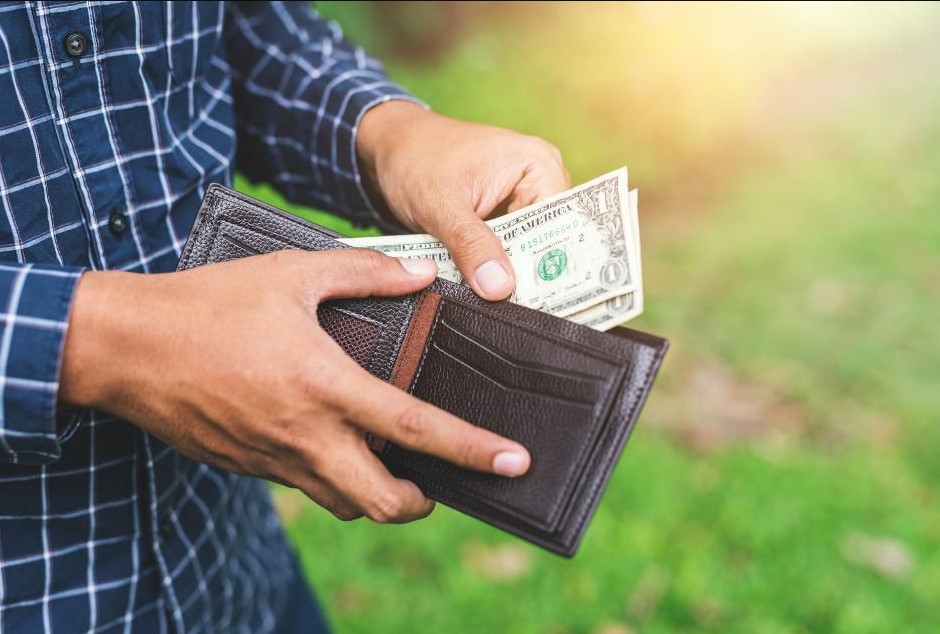
A new survey found that 23% of Americans don’t save any money from their paycheck.
Here’s what you need to know.
2019 Savings Survey
As part of its 2019 Savings Survey, First National Bank of Omaha examined Americans’ habits, behaviors and priorities when it comes to saving, monthly spending and retirement planning.
First, the good news. According to the survey:
- 40% of Americans prioritize their savings for their emergency fund.
- 27% report their highest priority for their savings is retirement.
- 39% of Americans plan on spending this year’s tax refund by putting it in savings.
- 25% of Americans have never withdrawn from their savings account.
- 60% report they are somewhat or very likely to be on track with their savings to retire by age 65.
Then, the not so good news. According to the survey:
- 63% of Americans do not set annual savings goals.
- 74% of Americans put 10% or less of their monthly paycheck towards savings.
- 23% report they put in 0% of their monthly paycheck toward savings.
- 49% report they only have enough liquid funds to cover living expenses for 0-3 months.
- 26% attribute high costs of living as to why they don’t have as much in savings as they would like
- 13% say credit card debt prevents them from saving.
- 13% say student loan debt prevents them from saving.
- 24% withdraw from their savings account once a month.
Given these results, here are some action steps to take to create an emergency fund, pay off credit card debt and pay off student loans faster. The sooner you can manage these aspects of your financial life, the sooner you can start to save more money for retirement and invest in your financial future.
1. Start an emergency fund
Whether it’s an unforeseen medical expense, home repair or unemployment, you never know when an emergency will strike. That’s why it is critical to start an emergency fund. With an emergency fund, you can make the unexpected more expected by building a financial foundation now.
That means establishing an emergency fund with at least six to nine months (or more) of cash to cover such unforeseen expenses.
2. Pay off credit card debt
The survey found that 13% of Americans don’t save due to credit card debt. When it comes to credit card debt, one of the most effective strategies is to consolidate your credit card debt.
You can consolidate your credit card debt with a personal loan, which is also known as a credit card consolidation loan. With a personal loan, you can consolidate your existing credit card debt into an unsecured personal loan that is typically repayable in 2 to 7 years. Personal loans range from $1,000-$100,000 depending on the lender.
A personal loan typically offers a fixed interest rate, which means that even if interest rates rise, your interest rate will always stay the same. In contrast, the interest rate on your credit card debt can change, which means you can pay more money as interest rates rise. So, when you consolidate credit card debt, you can effectively exchange your variable interest rate for a fixed interest rate.
You can use this credit card consolidation calculator to see how much you can save when you consolidate credit card debt.3. Pay off student loan debtThe survey found that 13% of Americans don’t save due to student loan debt.
So, how can you pay off your student loans faster?
Student loan refinancing is often the single best strategy to lower your student loan interest rate. Student loan refinancing enables you to pay off your existing student loans with a new student loan with a lower interest rate. There are multiple student loan lenders who offer interest rates as low as 2.50% – 3.00%, which is substantially lower than federal student loans and in-school private loan interest rates. With student loan refinancing, you can choose either fixed or variable rates and loan terms ranging from 5 to 20 years.
You can also prepay your student loans any time, since there is no prepayment penalty. You can make a one-time lump sum payment, for example, or increase the amount of your monthly payment. You don’t have to repay student loans all at once. Paying an extra $10, $100 or $1,000 toward the reduction of your principal can save you interest. If you repeat that process several times, it will help to pay off your student loans faster.
This student loan prepayment calculator can show you how much you save when you prepay your student loans by making an extra student loan payment.
